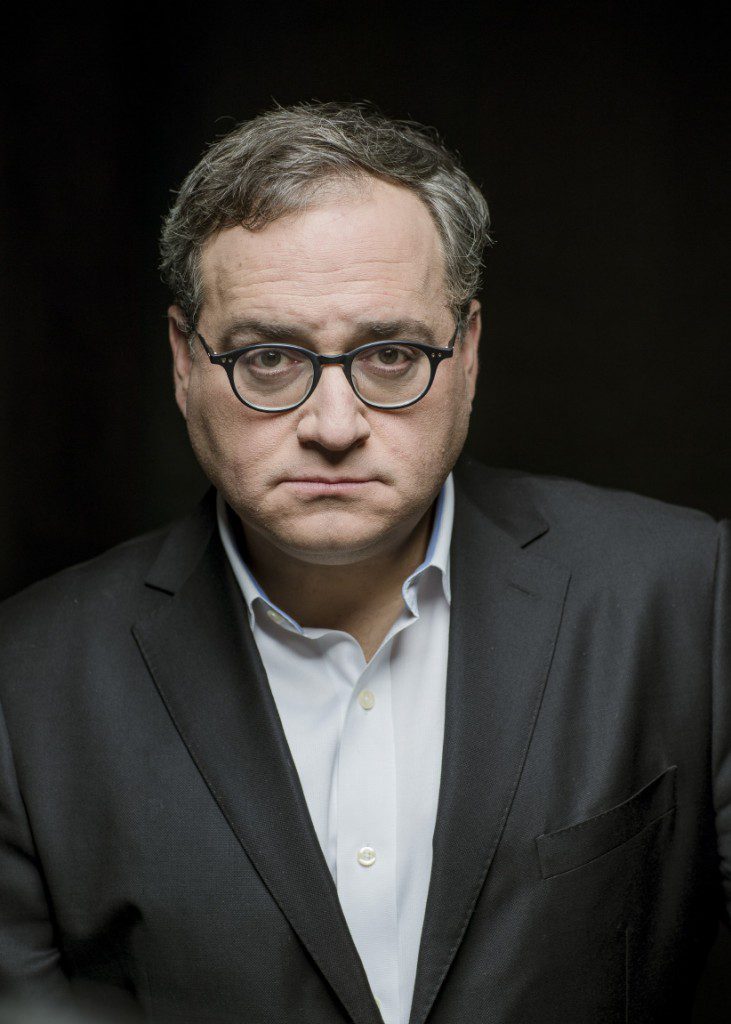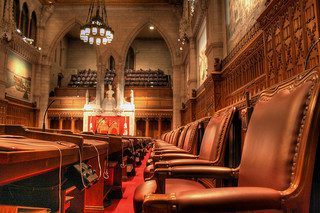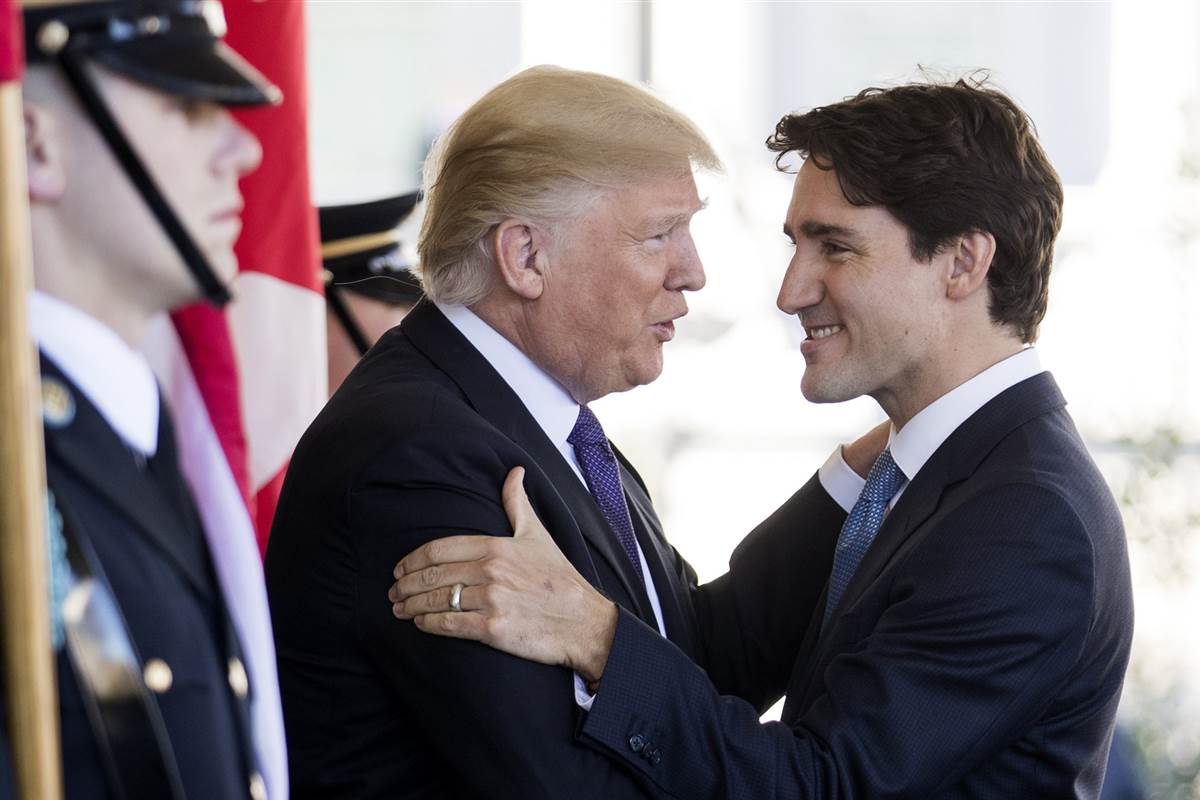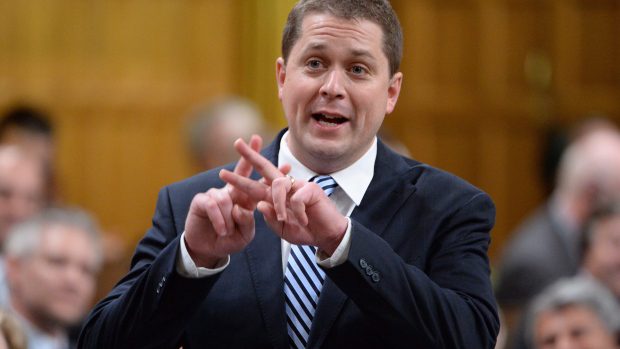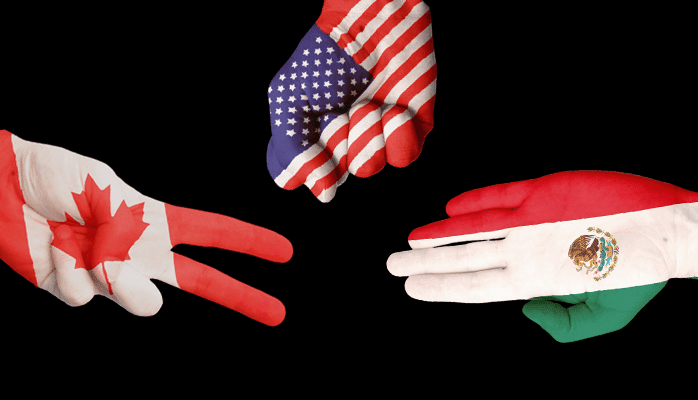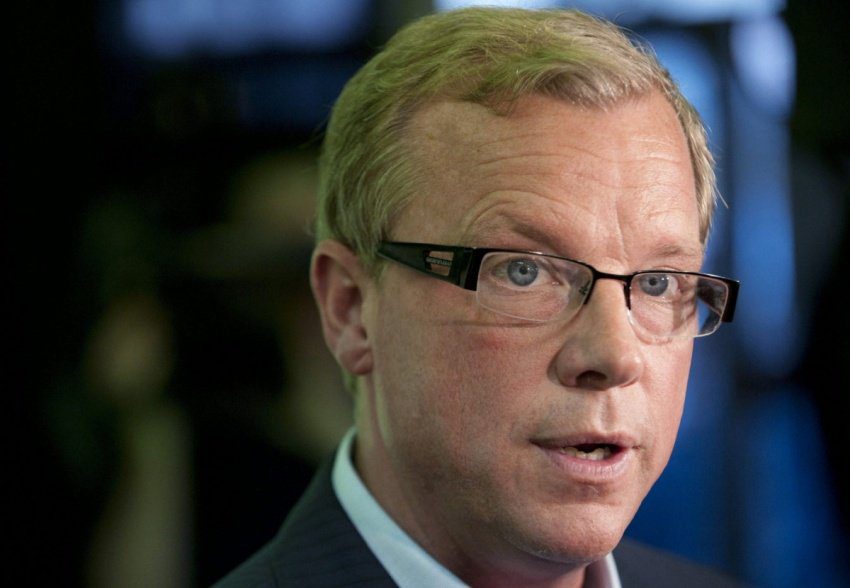After two years of ineffective efforts from the left to destroy the Rebel, they recently swallowed a self-administered poison pill of hatred, incompetence and greed and the entire conservative movement was caught in the toxic blowback. The exact details of what happened will be hammered out by the courts over the next very long while as the commentariat points and laughs, not realizing the same thing could happen to them at any moment.
If you're part of a think tank, a lobby group, any sort of "non-partisan" effort to promote the pro or anti side of any cause, or a political party/candidate who isn't on the side of the status quo, you could and likely will be next to join Ezra on the sidelines. The only difference is, you won't get a week's worth of articles written about the implosion of your cause.
That's because no matter how sensible and reasonable your cause is, no matter how grounded in evidence your arguments are, no matter how widespread support for your idea may be as reflected by any number of polls, Canadians will still write you off as some dangerous radical until the powers that be within the Liberal Party of Canada give you their blessing.
If those working to effect change any change in Canada are being honest with themselves, they will agree that their movement, such as it is, is subject to the same hostile treatment and suspicious looks that the Rebel received and is likely one unforced error away from losing all credibility, simply because they are not the Liberals.
When you consider how it became received wisdom in Conservative circles that "incrementalist" tweaks around the edges of the Liberal program was the way to go during the Harper years, or the continued existence of Kathleen Wynne's premiership, or how Trudeau's image and branding successes appear to excuse his legislative and policy missteps, it does appear that whatever the Liberals propose has a much higher chance of becoming received wisdom than it should.
However, in the event that a Liberal Party is unavailable temporarily or permanently, another political vehicle for the interests of the status quo will do. For example, have you heard that Rachel Notley's NDP are apparently "the inheritors of the Lougheed Legacy"? If you haven't, you should.
But before you get your wild and crazy idea to the point where the Party Of The Status Quo will even need to formulate a non-response to questions about it, you will have to endure the spontaneously generated efforts of everyday Canadians to keep the situation at its current mediocre level.
If you've never had the pleasure of being cursed out by someone allegedly on your side politically because of a typo or font choice, or because you listed someone in front of someone else on a list of names, or because they were ABSOLUTELY SURE that whatever you were proposing would cause the party to lose the next election…..well, you might be an influential Liberal.
And it isn't just the violence and vehemence with which allegedly polite Canadians attack those who might simply and innocently suggest a controversial and new idea for the purposes of discussion. It's how the Liberals receive less, or no, criticism for proposing the same idea.
The Elementary Teachers Federation of Ontario proposes changing the name of a school bearing Sir John A. MacDonald's imprimatur due to his rather dark legacy when it comes to Canada's First Nations. Kathleen Wynne flatly says no. Were she a Conservative or a member of the NDP, or even a Democratic or Republican politician, she would be damned as promoting white supremacy. As a Liberal, her decision is taken as the final word. The debate is now over.
A friendship between Steve Bannon and Gerald Butts is alleged. As Conservative politicians denounce the Rebel, other Conservatives go out of their way to compare Steve Bannon the editor of Breitbart to that weird work colleague who you don't like but you have to get along with anyway, clueless to the fact that not only are they humanizing Bannon, but they are actually defending Gerald Butts. For the Liberals' part, they suddenly and temporarily seem to forget that Bannon is supposed to be one of the bad guys. Days later Bannon is fired and the matter becomes moot with Butts himself getting away clean.
And in this sort of environment where it is literally Liberals good, everyone else baaaaaaad we are told by lifers like Gerry Nicholls to keep a smile on your face, content yourself with small victories and to keep patting yourself on the back.
As you continue to plug away fighting the good fight and sinking time, money and energy into your cause, all the people who matter have migrated away to join the Liberal Party of Canada.
It is because of this political climate, where the deck is comically stacked in favour of the Liberals to the apparent delight of the voting public, that Conservatives in Canada took a chance on The Rebel despite its objectionable content. Those on the right who claim they didn't get a kick out of how the outlet took the fight to the Liberal consensus are being disingenuous at best.
But those on the left who were seriously concerned that the Rebel could ever have been a serious threat to the progressive status quo are equally disingenuous. The Rebel had a fairly long run, but so long as the Liberals existed, they never had a chance.
It's anyone's guess how long the Canadian right and the Canadian left too, it must be said will content themselves with an endless parade of money sinks masquerading as political alternatives to the Liberals…. and how long it will be until they cannot avoid the fact that the game is rigged, and flip the table.
Written by Josh Lieblein



